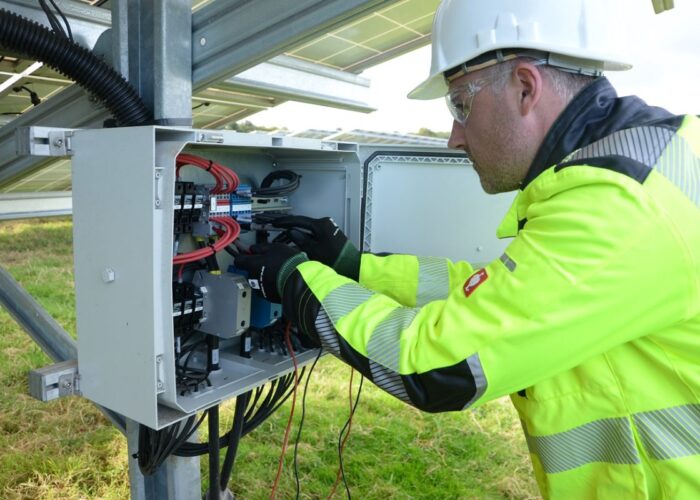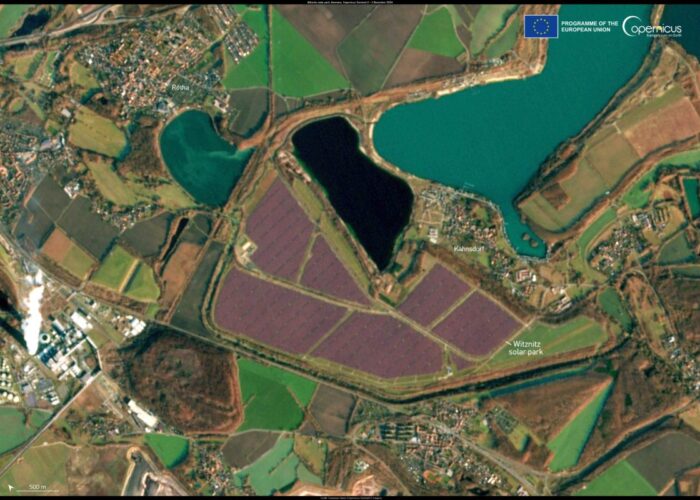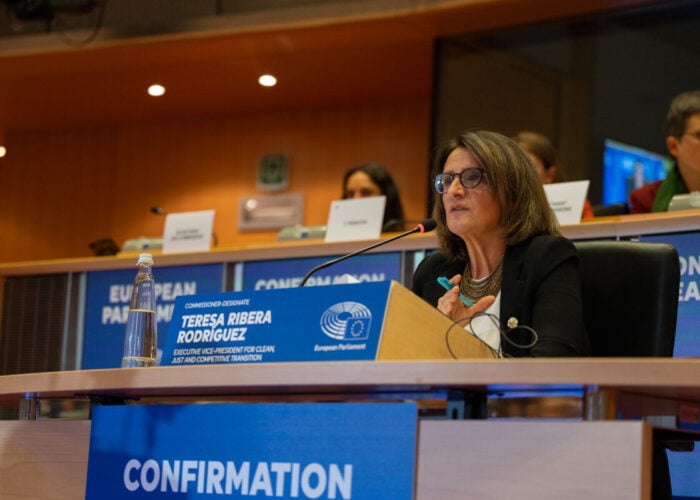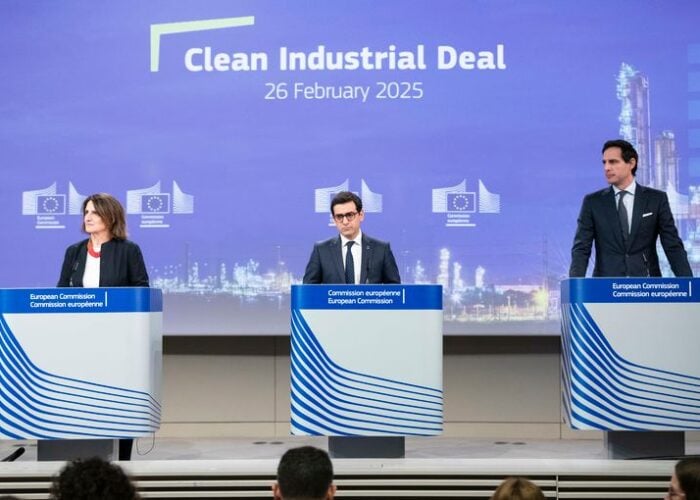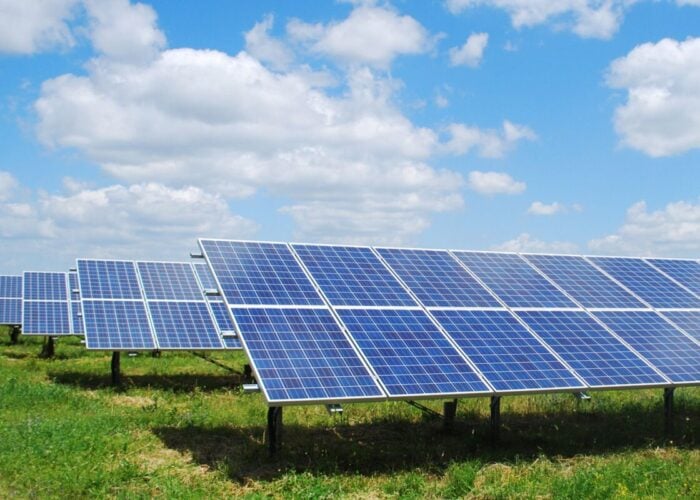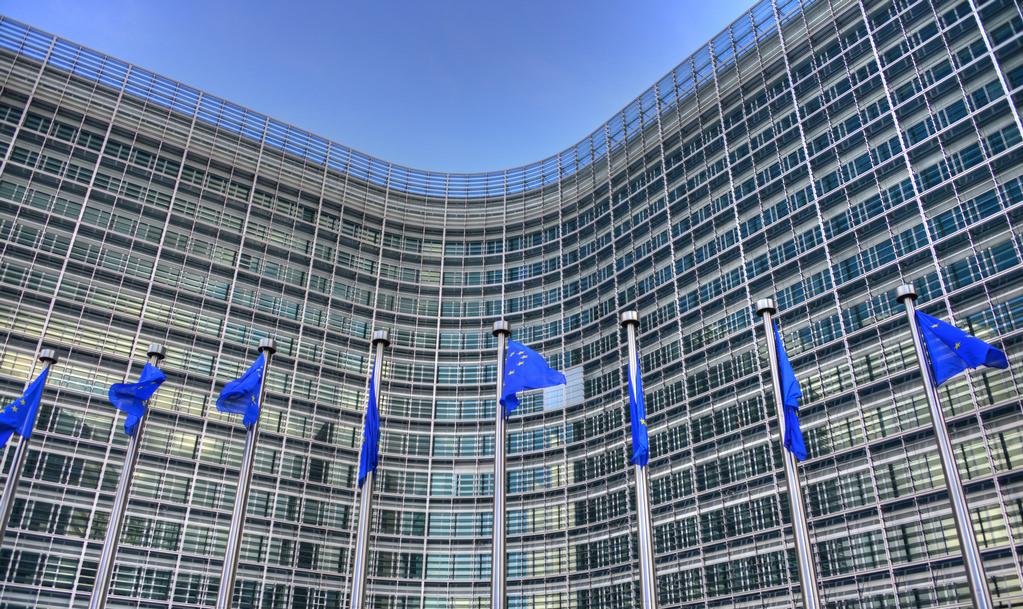
The European Union aims to reduce 90% of net greenhouse gas emissions by 2040 compared to 1990 levels, according to an announcement made by the European Commission.
In a statement, the EC said achieving this goal will require several conditions to be met, with the most important one being the full implementation of existing legislation to reduce emissions by at least 55% by 2030. The ongoing update of the draft National Energy and Climate Plans (NECPs) will also be crucial to the progress.
Unlock unlimited access for 12 whole months of distinctive global analysis
Photovoltaics International is now included.
- Regular insight and analysis of the industry’s biggest developments
- In-depth interviews with the industry’s leading figures
- Unlimited digital access to the PV Tech Power journal catalogue
- Unlimited digital access to the Photovoltaics International journal catalogue
- Access to more than 1,000 technical papers
- Discounts on Solar Media’s portfolio of events, in-person and virtual
The energy sector in the EU is projected to achieve full decarbonisation shortly after 2040 thanks to using zero or low carbon energy solutions, including renewables, battery energy storage systems (BESS), carbon removals and hydro. The EC said using these technologies could lower dependence on fossil fuels by 80%.
“In the 2030s we should see major progress in the transition away from fossil fuels, and an increasing share of renewables in our energy mix. We are sending a clear signal to investors that Europe is staying the course and offers them long-term predictability and stability,” said Kadri Simson, European Commissioner for Energy.
The EC added that meeting the target of reducing 90% of net greenhouse gas emissions requires both emissions reductions and carbon removals, as the deployment of carbon capture and storage technologies and the use of captured carbon in industry will be crucial to meeting the goal. Additionally, carbon capture should be targeted to hard-to-abate sectors where alternatives are less economically viable.
The 2040 target could help the EU meet its climate neutrality objective in 2050 and boost Europe’s resilience against energy independence from fossil fuel imports.
According to the EC, climate-related economic damage in Europe cost about €170 billion (US$183.1 billion) in the previous five years. However, based on its impact assessment, the EC warned that higher global warming due to inaction could lower the EU’s GDP by about 7% by the end of the century.
The recommendations do not require member states of the EU to oblige now, as the next commission will make a legislative proposal after the European elections in June.
Moreover, the 90% reduction target announcement aligned with a leaked draft first obtained by French media Contexte, as the EC targeted a 90% share of EU electricity from renewables by 2040 – mostly solar and wind.
In response to the EC’s recommendations, Walburga Hemetsberger, CEO of SolarPower Europe, said: “While there is notable recognition of the role of renewables as the major contributors to the energy transition, our projections show that renewables and storage can deliver even more for the energy system.”
She added that a fully renewable energy system by 2040 “is within reach and should be Europe’s clear focus”.

